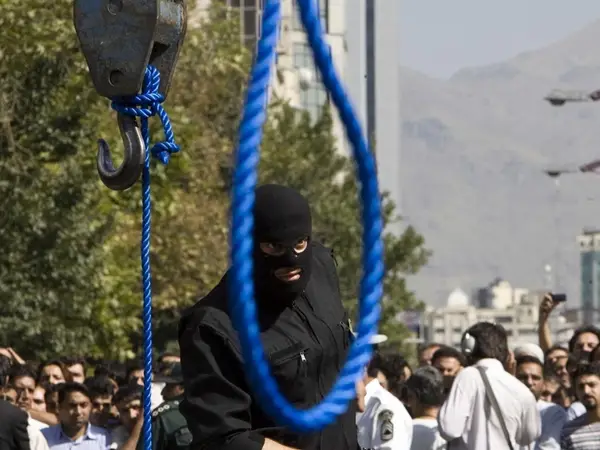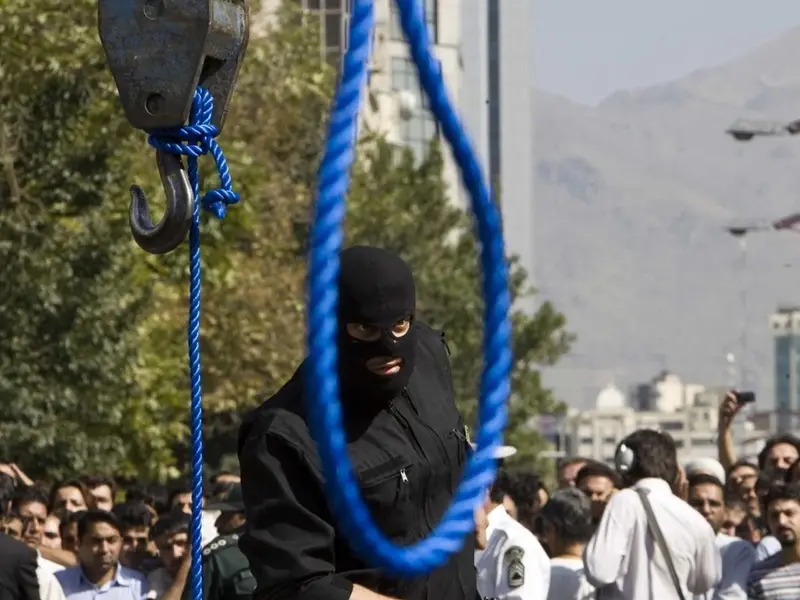Human rights groups said Wednesday that at least 11 Baluch citizens were executed during the past three days, bringing the number of hangings to 423 in Iran in 2023.
Advocacy group Haalvsh, which reports on issues affecting the Baluch minority, said the executions were carried out in several prisons in the southwestern Sistan-Baluchestan province and the northeastern city of Birjand.
The report added that none of the prisoners – who had been sentenced to death over drug-related charges --had their final meeting with their families, “and the families have only been called to receive the bodies of their loved ones."
According to the Norway-based Iran Human Rights (IHRNGO),423 people – including 10 women -- were executed since the beginning of 2023.
In July, the US-based Human Rights Activists in Iran (HRANA) released a report saying that approximately 5,000 executions have taken place in Iran in the last 10 years.
With many cases of executions not officially reported, the actual number is undoubtedly higher.
According to a HRANA report, the number of executions increased by over 88 percent in 2022 compared with a year earlier. There was a sharp rise in reported human rights violations since mid-September when the 22-year-old Kurdish woman Mahsa (Jina) Amini died in the custody of the so-called 'morality police' following which protests swept across the country.
As the execution wave shows no signs of slowing, protests continue across the country, only fueled by the relentless crackdowns.
Amid a spike in executions since late April, on May 19, authorities arbitrarily executed three tortured protesters, Majid Kazemi, Saeed Yaghoubi and Saleh Mirhashemi who were convicted and sentenced to death in Esfahan without due process of law.
The deaths brought to at least seven the number of protesters hanged since nationwide protests broke out in September 2022 following the death in custody of 22-year-old Mahsa Amini.

